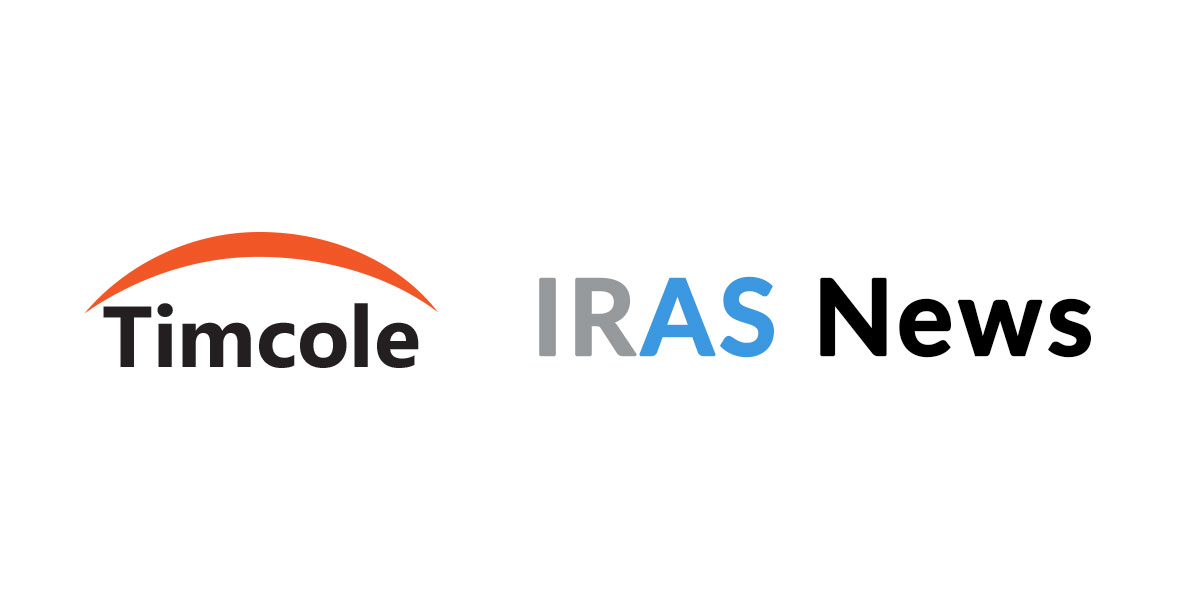Goods and Services Tax (GST) on Imported Services
The Goods and Services Tax (GST) is a tax levied on all goods and services consumed in Singapore, including imported and locally-made goods and services. It is similar to VAT models in other countries. In fact, Singapore’s GST is modeled after the UK’s VAT and New Zealand’s GST legislations.
GST is considered fairer than most other tax systems. It targets only wage-earners as it is implemented at the point of sale. It lowers the cost of doing business since the end consumer is the taxpayer – consequently, it also lowers the prices of goods and services. Savings and investments are exempted from the tax, so it encourages citizens to save and invest more. It also guarantees the government a reliable revenue stream, thus contributing towards a strong and robust economy.
How It Works
GST is an indirect tax that is quantified as a percentage. Currently, the GST rate is 7%. It is charged to the end consumer and levied on the good’s or service’s final price. This means that a good or service sold for S$100 will incur a GST tax of S$7. The seller is responsible for implementing this tax on the final customer by including it in the final invoice. The seller is also required to remit the collected tax to the Inland Revenue Authority of Singapore (IRAS) on a quarterly basis.
Registration
All companies incorporated in Singapore are required to register to charge and collect GST if they meet the set requirements. Registration is compulsory in some cases and voluntary in other cases.
It is compulsory to register for GST if your company registers a sales turnover of more than S$1 million over the past 12 months. You should also register if you expect to make at least this amount in sales over the next year. The registration application should be submitted to the IRAS within 30 days or else the company will be fined and penalized.
You can also register voluntarily even if your company doesn’t meet the set threshold as long as it is making sales. Companies that register voluntarily are required to remain compliant for at least two years. They should also maintain comprehensive sales records for at least five years since registration – this includes even after the company has deregistered or closed down.
The GST registration process takes about three weeks to complete. Applicants are required to fill and submit the GST F1 and GST F3 forms. The GST F1 is the main registration form, while the GST F3 is designed for partnerships to collect relevant details of all partners. Once the registration process is complete, the IRAS will issue you with a Notification of GST Registration Letter detailing the date of registration, your company’s GST number, and the expected filing frequency and due dates. Other special instructions may be included in special cases.
Companies that make zero-rated supplies are eligible to apply for exemption from registration even if their annual sales exceed S$1 million.
Final Word
All goods and services imported into Singapore are liable for a Goods and Services Tax. The tax rate currently stands at 7% and is directly charged to the end consumer. It is a fair tax system that lowers the cost of goods and services and bolsters investments.
About Timcole
Timcole is one of the leading company incorporation and accounting firm based in Singapore. Our wide range of professional services serve as a one-stop solution for your business, offering you the most affordable price for services conducted with the highest level of excellency.
Contact us to find out more on how we can help you with your company today.








